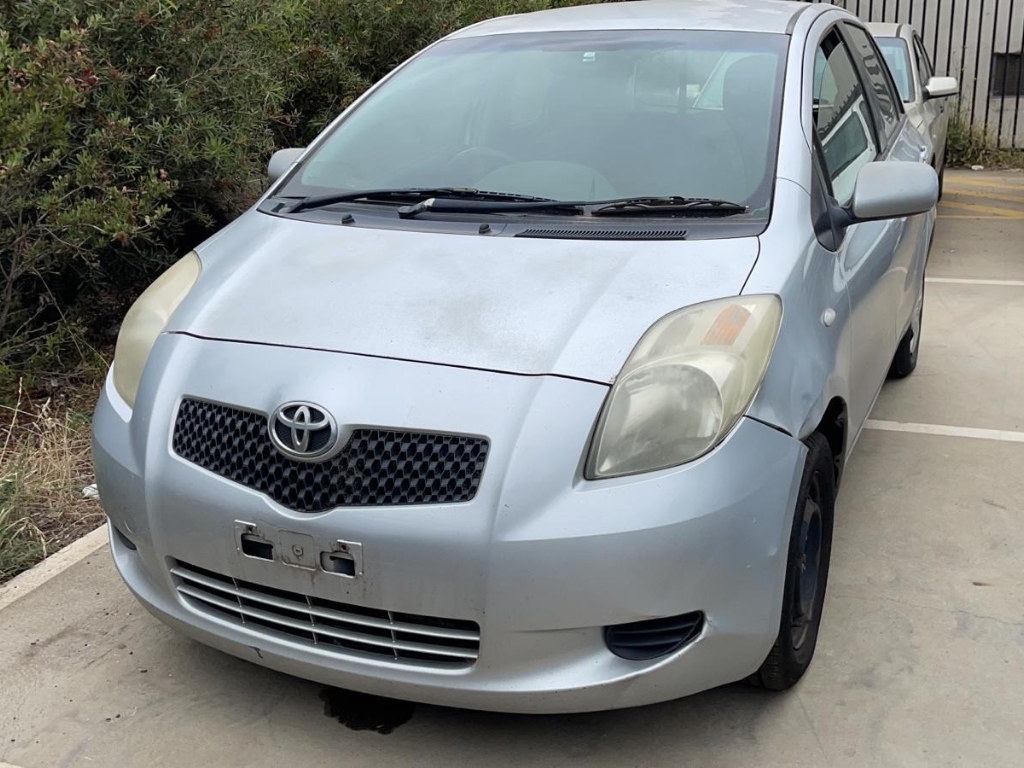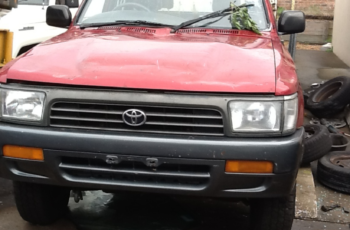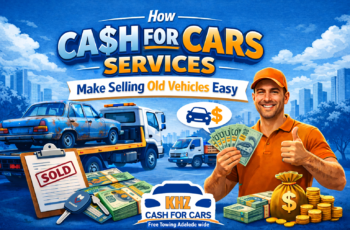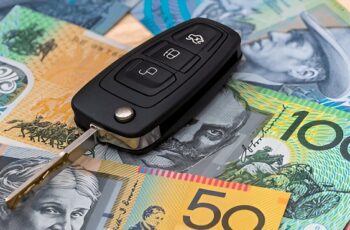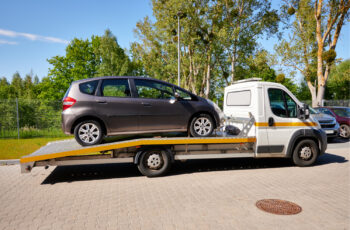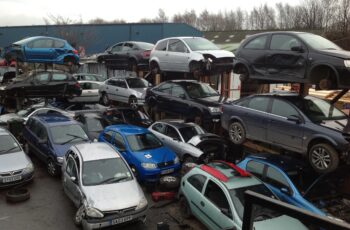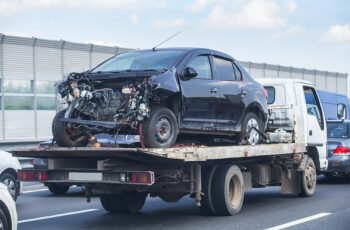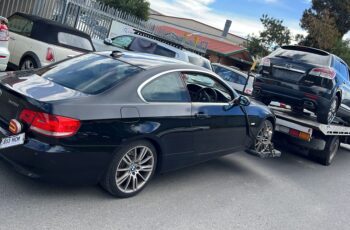Are you in the market for an old car? Shopping for an old car can be daunting, and it’s easy to overlook potential pitfalls. To help you navigate the process. Here are nine tips for avoiding common mistakes when shopping for an old car. From researching the car’s history to knowing your financing options, these tips will help you find the perfect car. By following these guidelines, you’ll be able to shop for an old car and get the best deal.
Research the Vehicle:
When researching an old vehicle, it is important to take into account a variety of factors. Research the vehicle’s history. This should include information about past owners, accidents, recalls, and other important information. Additionally, inspect the car in person to look for any signs of damage or wear and tear. Researching the vehicle’s safety ratings and consumer reviews is also important. Consider the vehicle’s price and compare it to similar models to ensure you get the best deal.
Get a Vehicle History Report:
A Vehicle History Report (VHR) is an important way to verify the history of an old vehicle before buying it. The report will show potential issues such as accidents, damage, and odometer rollbacks. It also provides information about the vehicle’s previous owners and maintenance history. Getting a VHR to ensure you are making a wise deal is important.
Test Drive the Vehicle:
It is recommended to take a test drive of an old vehicle before buying it. The test drive will provide the opportunity to check for any mechanical issues. It is important to ensure that the car is in good working condition. It is important to get a feel for the vehicle, as the comfort level may vary from one vehicle to another.
Have the Vehicle Inspected:
It is always important to have any vehicle inspected before buying it. A professional inspection can uncover potential problems and ensure that the vehicle is in good condition. It can help to save money on costly repairs in the future.
Consider the Mileage:
It is important to consider the mileage of an old car before buying it. The higher the mileage, the more the car has experienced wear and tear. This can lead to more frequent repairs and maintenance due to the added strain on the car’s components. Additionally, a car with high mileage may have less life left in its engine than a car with lower mileage. Thus, it is important to consider the mileage of an old car before purchasing it.
Compare Prices:
There are a few ways to compare the prices of an old items before buying them. The first is to research online for similar items in the same condition and compare the prices. Another way is to look in local classified ads, such as Craigslist, to compare prices of similar items. One can contact local pawn shops and old furniture stores to compare prices.
Check for Financing Options:
When buying an old car, it is important to check for financing options before making any decisions. Many car dealerships offer various loans and leases. Some lenders may offer special incentives and discounts for financing an old car. It is important to compare rates and terms to ensure that the best financing option is obtained. Checking for financing options before buying an old car can help ensure the vehicle is within budget.
Read the Contract :
It is important to read the contract before buying an old car. The contract should outline the terms of the sale, including the purchase price, applicable warranties, applicable taxes, fees and other costs, and any other terms that may affect the purchase. It is also important to understand the risks involved with purchasing an old car, such as the potential for hidden problems that the warranty may not cover.
Ask For Warranty:
When buying an old car, it is important to ask for a warranty to ensure that it is in good condition and properly maintained. The warranty should cover the cost of repairs if the car experiences any mechanical problems or malfunctions. It is also important to check the car’s history to ensure it has not been involved in any accidents or other major issues.
Read Also: Debunking The Myths About Used Auto Parts: What You Need To Know

